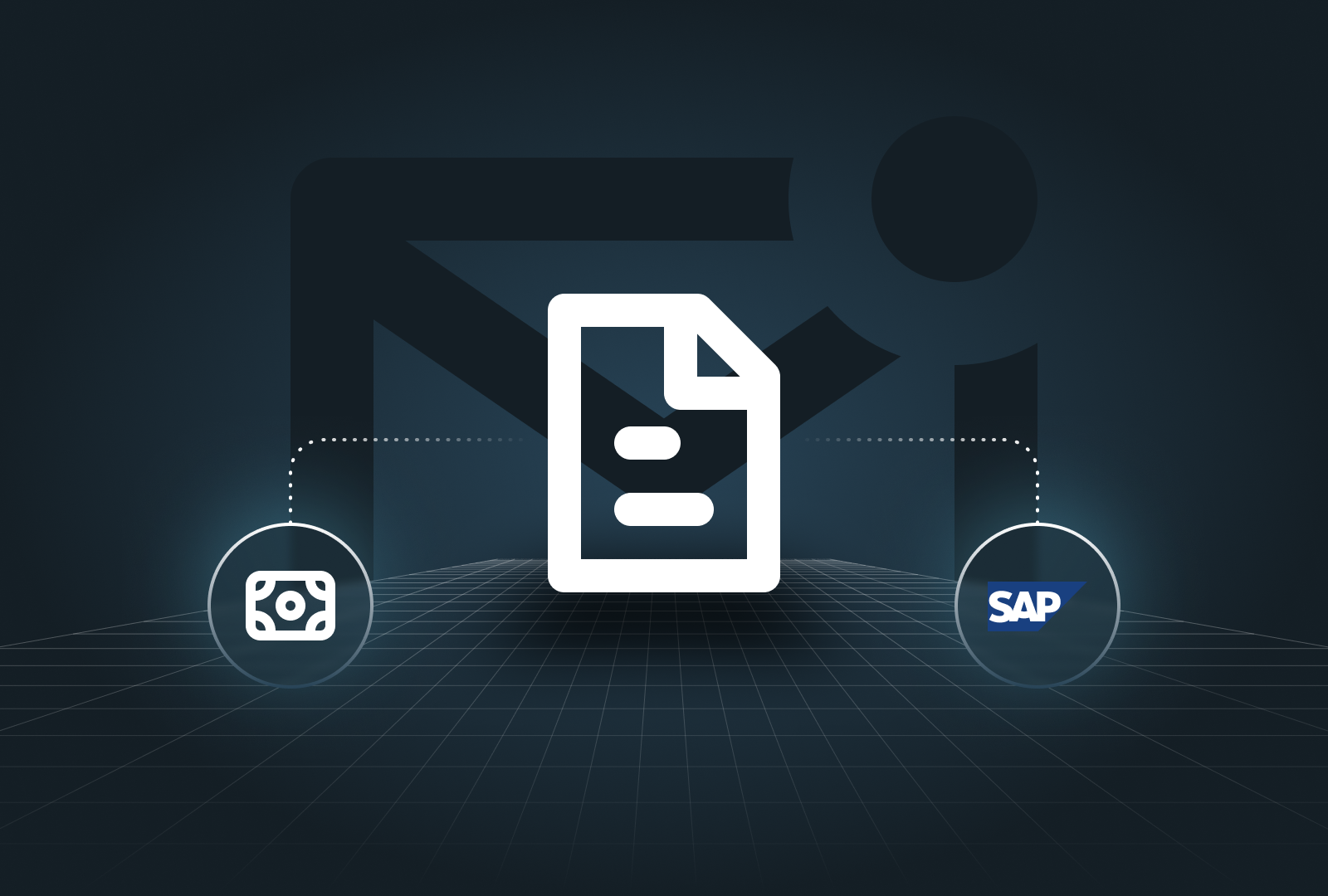By improving speed, accuracy, and efficiency across departments, the automation of financial processes is changing the way companies deal with their finances. From the perspective of organizations, the main benefit of this trend is the ability to focus on more strategic goals, since repetitive tasks are being performed by software. Here, we will cover the advantages, technologies, and challenges of financial automation.
What is Financial Process Automation?
Definition and Overview
Financial process automation is the practice of utilizing software and new technology in dealing with repetitive financial tasks. As a result of this, human intervention in these processes is minimal. For example, tasks like invoice management, payroll, and reconciliations are streamlined, and the final results of automation are an increase in speed and a drop in errors in financial workflows.
Key Financial Processes That Can Be Automated
Technology can automate numerous financial tasks — accounts payable, accounts receivable, expense management, and payroll processing are just some of them. When these processes are automated, organizations improve consistency and reduce the workload on employees. In the most general sense, automation makes it easier for organizations to keep better records and prepare for audits more efficiently.
Benefits of Financial Automation for Businesses
Improved Accuracy and Efficiency
Let’s list some of the advantages of automation. Primarily, technology minimizes the risk of human errors by ensuring high data accuracy and compliance in financial records. Data entry, reporting, and account reconciliation — these tasks are completed quickly and accurately. As routine tasks take less time to complete, efficiency improves. This then frees staff to work on activities of more strategic relevance.
Enhanced Decision-Making with Real-Time Data
Another important advantage of automated systems is that they can offer access to real-time data. This helps staff make timely and informed financial decisions. In practice, this means that finance teams can see current cash flow, outstanding payments, and expenditure patterns as they happen. These kinds of insights allow for easier budget adjustments and more accurate financial forecasts.
Cost Reduction and Resource Optimization
In principle, automation means less manual labor. As a result, operational costs go down. Additionally, finance teams can focus on strategic projects rather than repetitive tasks, leading to effective resource optimization. In the long term, this cost-effectiveness contributes to better overall financial performance and higher profit rates.
Ensuring Data Security and Regulatory Compliance
Automated solutions support data security and compliance through secure, encrypted storage and access controls. Additionally, these solutions can create audit trails for any financial transaction, ensuring that a business always complies with industry regulations. In this regard, financial automation minimizes compliance risks and can also build trust among stakeholders.
Key Technologies Behind Financial Automation
Automation Tools and Software
Tools such as robotic process automation (RPA) and specialized financial software streamline financial operations by automating repetitive, rules-based tasks. For instance, in the context of both treasury and procurement, Payflows solutions are a perfect example of these developments. These solutions help manage functions like data entry, reconciliations, and reporting. Since these solutions are also highly customizable, organizations can utilize automation in a way that is tailored to their specific financial needs.
Artificial Intelligence and Machine Learning
Financial automation is being elevated to even higher levels thanks to developments in artificial intelligence and machine learning. Typically, AI-powered solutions help companies forecast trends and identify risks. Payflows, for example, offers a whole set of AI-powered tools that increase performance across a range of financial activities. Patterns in spending or cash flow are now easily and quickly singled out, as AI-powered tools can analyze large data sets in short amounts of time. In practice, this translates to more proactive financial management and timely interventions.
Cloud-Based Financial Solutions and Their Advantages
Thanks to cloud-based solutions, a finance team can access financial data anytime and anywhere. Cloud-based solutions support remote teams and global operations. They also offer scalability — for example, as businesses grow, they can easily adjust storage or processing needs. With regular updates, cloud systems ensure that organizations do not miss out on the latest technological developments as well.
Dealing with Challenges in Financial Process Automation
Common Obstacles in Adoption
Organizations may face challenges when implementing financial automation. Initial costs, staff training, and resistance to change from financial teams — all of this should be taken into consideration. The best way to deal with delays in adoption is to provide proactive training and clear communication, which can make the transition to a new solution smoother. Additionally, clearly demonstrating the long-term benefits of automation can help financial teams overcome resistance.
Ensuring Seamless Integration with Existing Systems
The process of integrating automation solutions with existing software like ERP and accounting systems can be long and complex. That’s why organizations need to opt for compatible automation tools. Proper and successful integration will reduce duplicate data entry and support unified workflows across departments.
Future of Financial Process Automation
Streamlining Cash Flow Management with Automation
When cash flow management is automated, it enables organizations to track financial processes and optimize liquidity in real-time. Organizations can gain data-backed insights and then easily optimize cash positions. The data is the product of detailed tracking of inflows and outflows through automation. This automated solution helps companies allocate resources efficiently, which translates into reduced risks of cash shortages and the creation of a more resilient financial process in general.
Automating Reporting, Compliance, and Audit Preparation
When financial data is automatically consolidated and categorized, reporting and audit preparation tasks are streamlined. Organizations can avoid penalties and significantly reduce risk as a result. Automated compliance ensures that processes adhere to regulatory standards. These automated solutions enhance the overall reporting process, making it both faster and more reliable while reinforcing stakeholder trust at the same time.
Eliminating Manual Reconciliation and Reducing Errors
Thanks to automation technology, the need for manual reconciliation is practically eliminated. This significantly reduces discrepancies in financial records, allowing organizations to ensure consistency across all financial data sources, such as bank statements and ledger entries. Not only does this solution reduce errors, but it also improves the accuracy of data. At the most general level, automation enhances financial oversight of business processes.
Conclusion
Financial process automation is reshaping finance, most notably by enhancing process efficiency, data accuracy, and regulatory compliance. Automation technology — supported by AI and cloud solutions — provides organizations with real-time data, creating a basis for better decision-making and cost management. Financial automation will continue to advance, and organizations that adopt this technology will gain a competitive edge by focusing on strategic goals instead of time-consuming manual processes.
Payflows’ solutions further improve automation with tailored, AI-powered tools for finance processes. Thanks to the integration of real-time visibility, compliance checks, and data synchronization, these solutions help organizations automate complex finance operations, freeing up more resources to be deployed toward achieving strategic objectives.






.png)





.png)



